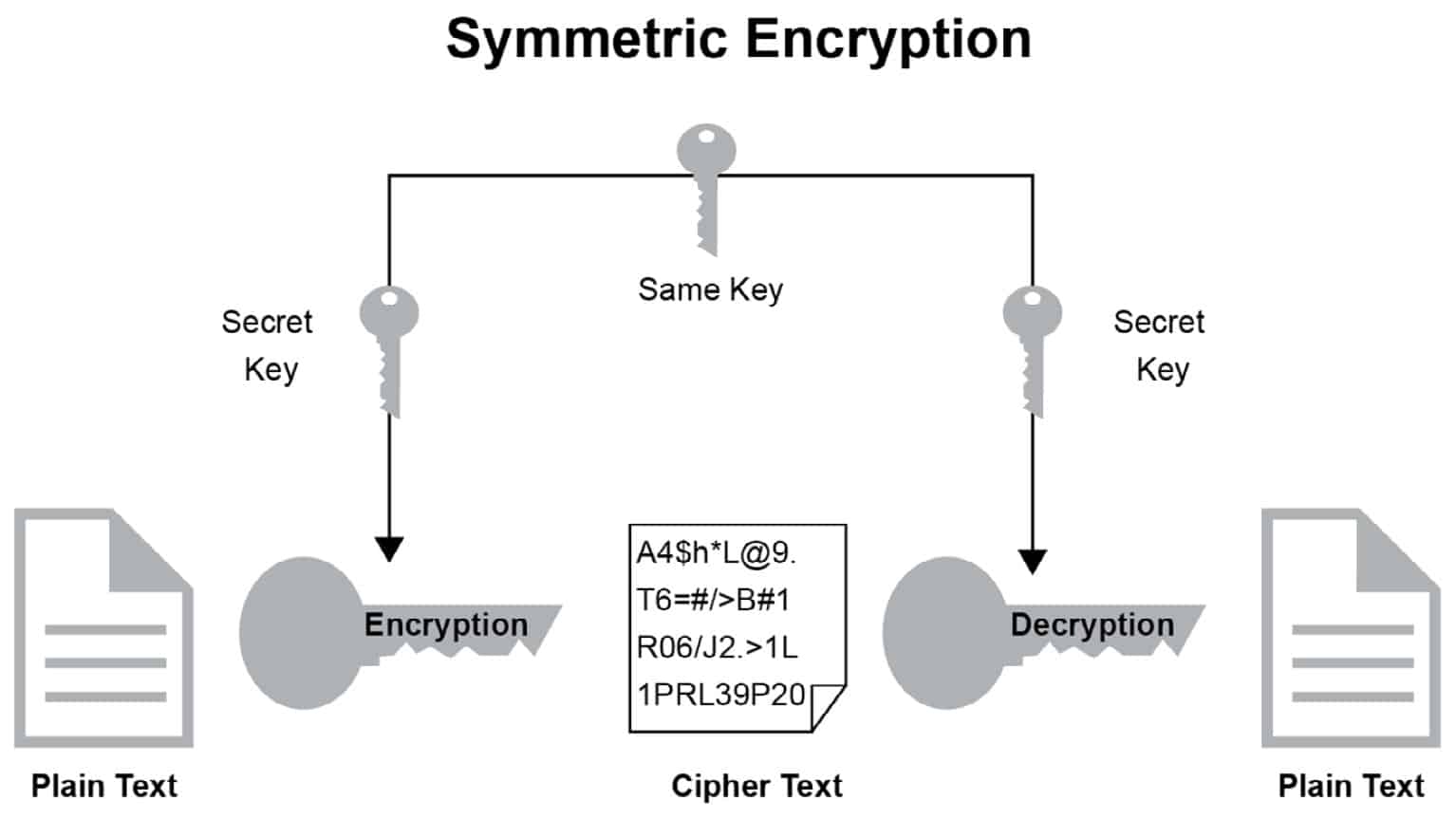Symmetric encryption, also known as secret key encryption, is an encryption method that uses a single secret to both encrypt and decrypt data. It is used to protect confidential data and ensure the security of communications over the internet. The key is used to both encrypt and decrypt data, and keeps the data secure even if it passes through insecure networks.
Symmetric encryption is generally faster than asymmetric encryption, and is most effective when used with a secure hashing algorithm. This allows encrypted data to be hashed and checked for integrity. Symmetric encryption can be used to protect data such as passwords, credit card information, and medical records.
The encryption method involves using a cipher that can be combined with a key to transform plaintext into ciphertext and vice versa. Common ciphers include the Advanced Encryption Standard (AES) and Data Encryption Standard (DES). Encryption requires the key to control the encryption algorithm, and the keys need to be kept secure. If the key is compromised, the data can be decrypted and accessed by an attacker.
The encryption process involves several steps. The first step is key generation, which is the process of creating a secret key to encrypt the data. The second step is data encryption. This is the process of transforming plaintext into ciphertext using the shared key. The third step is data decryption, which is the process of transforming ciphertext back into plaintext using the same key.
Symmetric encryption is widely used in today’s computer networks and is considered one of the best methods to protect confidential data. However, it is important to keep the key safe as any compromise puts the data at risk.






